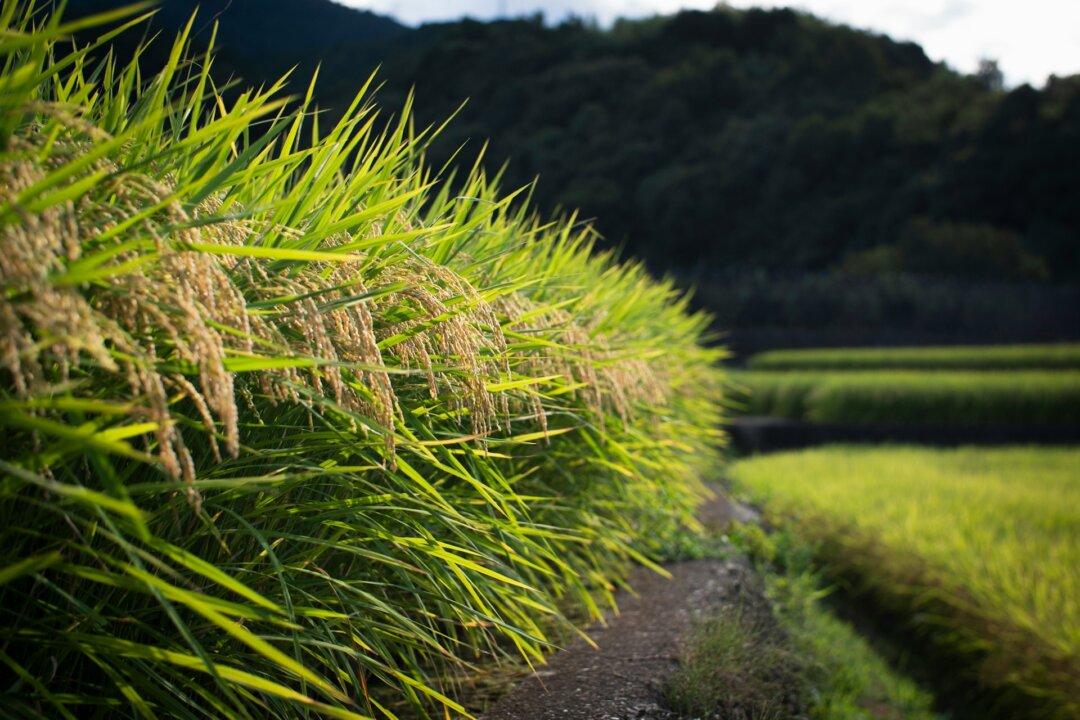Australia’s most populous state is looking to open up its rice export market by allowing producers to negotiate directly with international buyers.
Traditionally, the rice growers in the fertile Northern Rivers region were required to send their produce to SunRice, a multinational and one of the world’s largest rice food companies.




